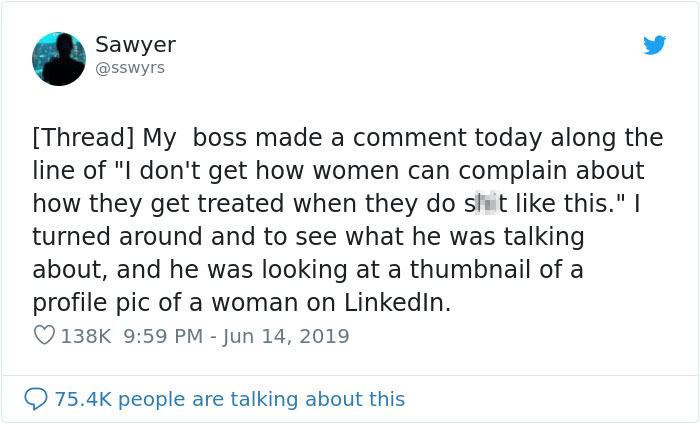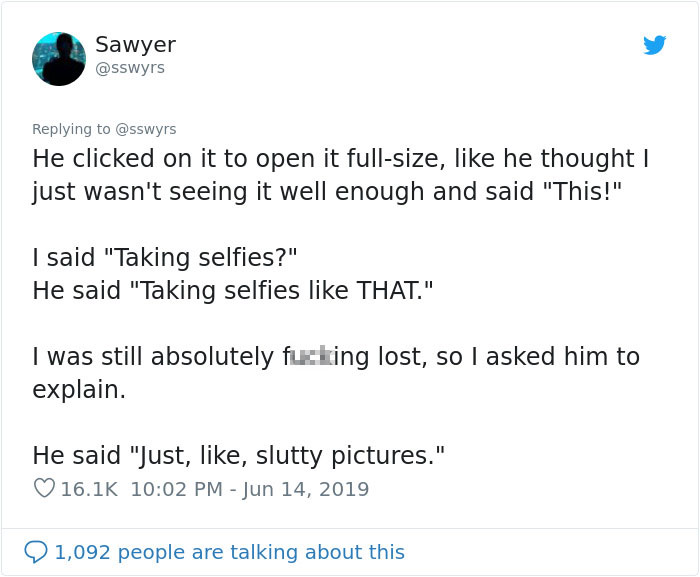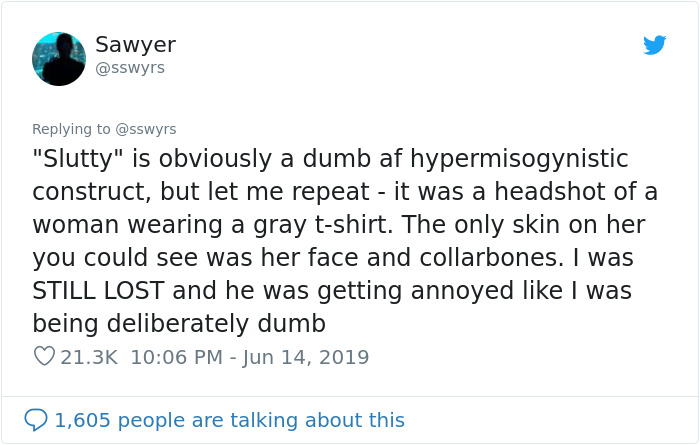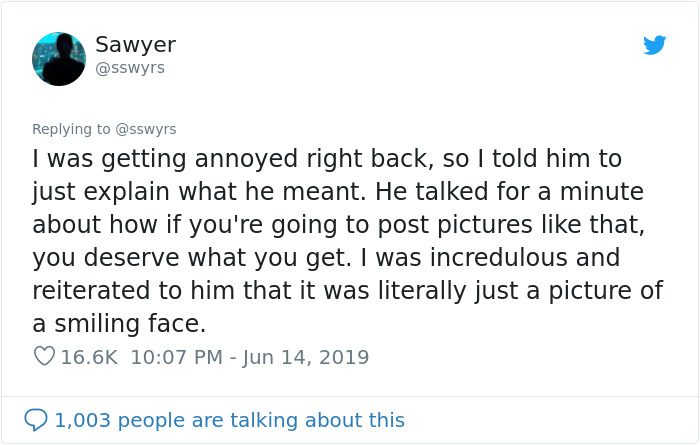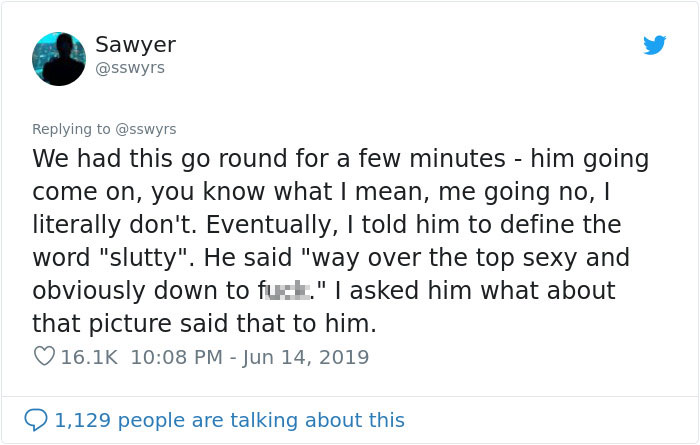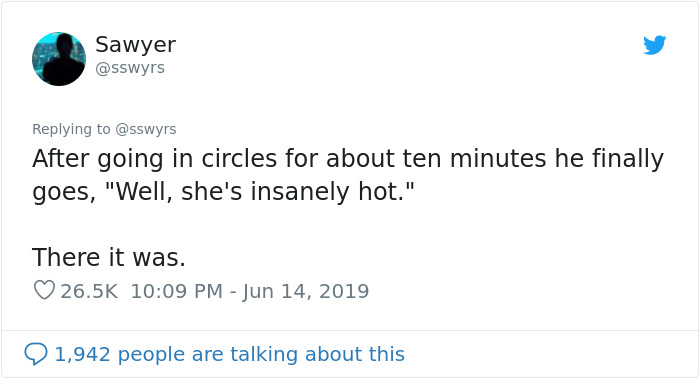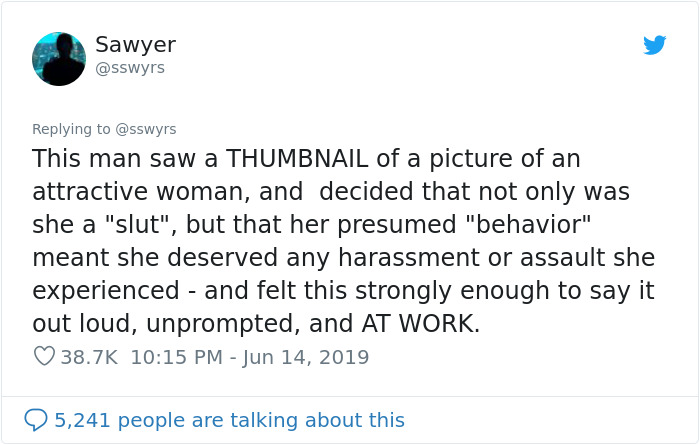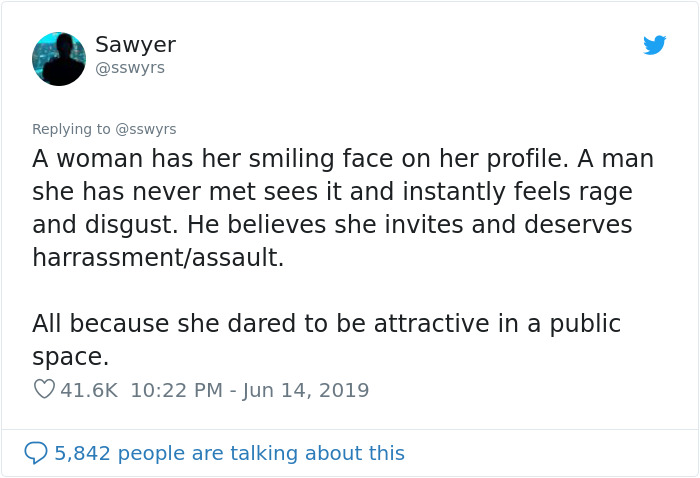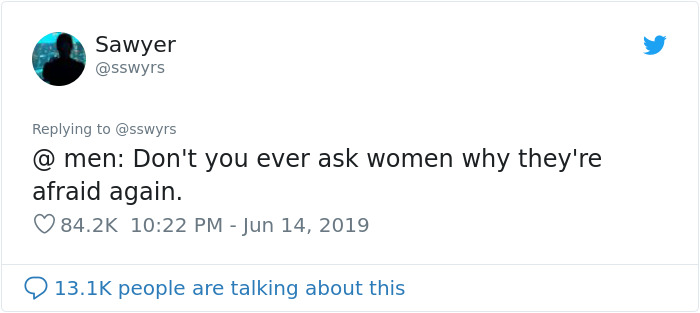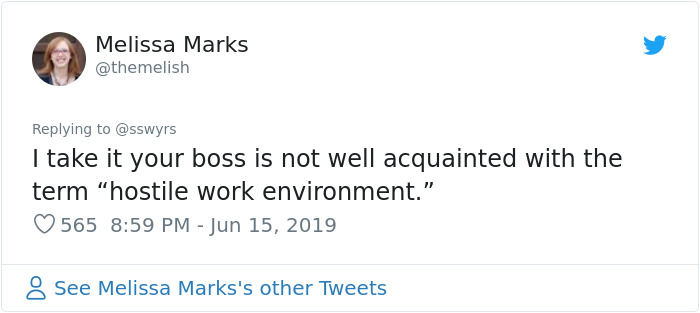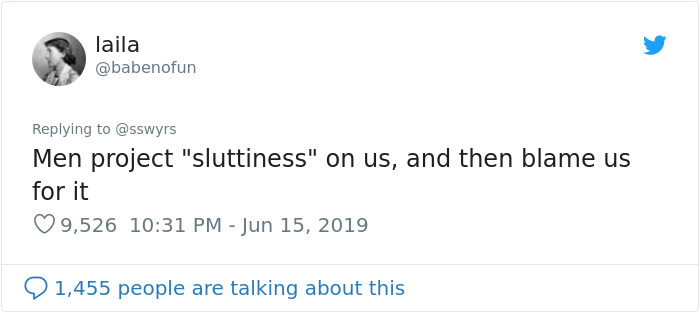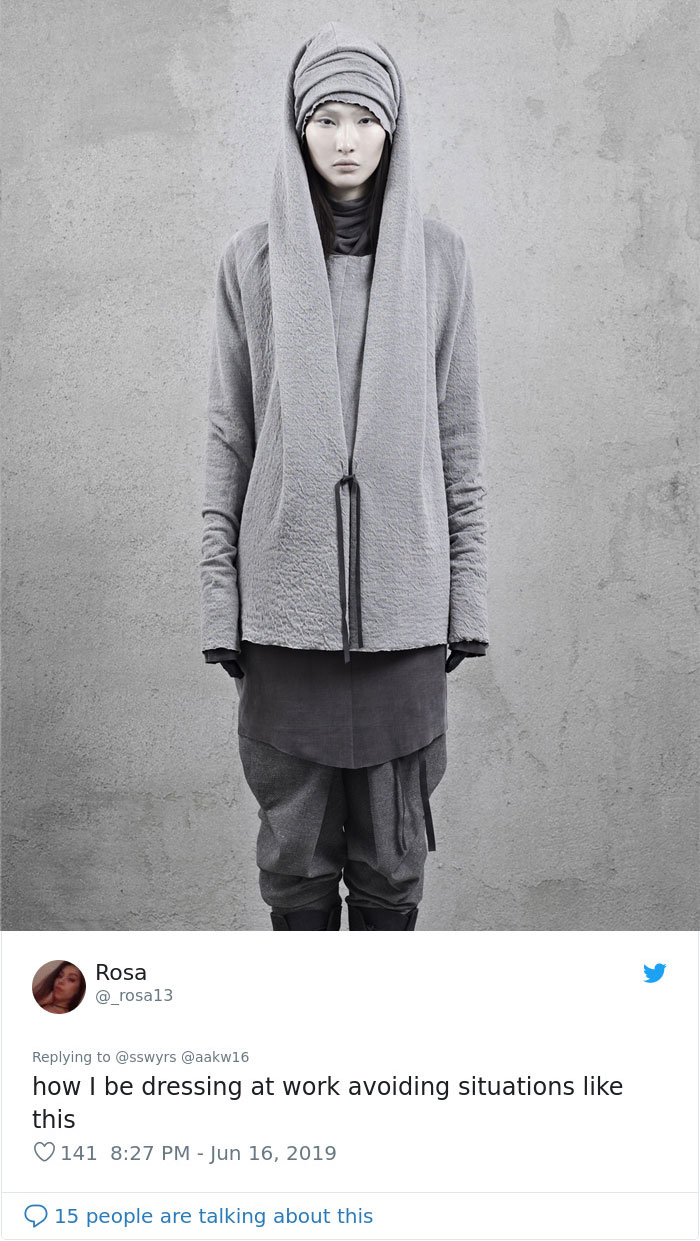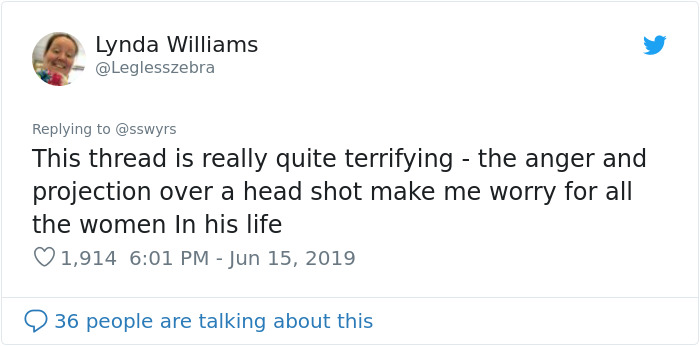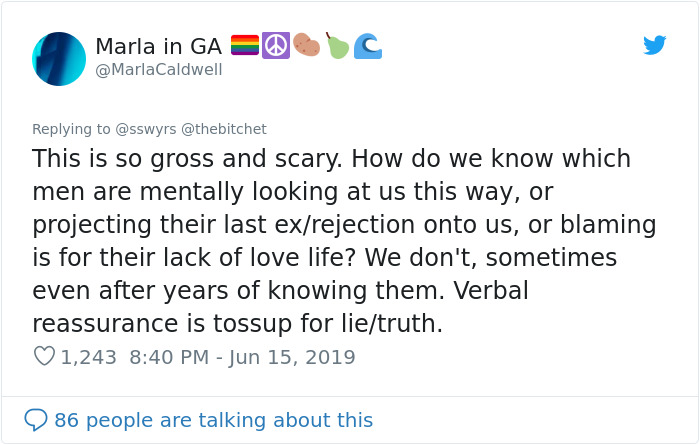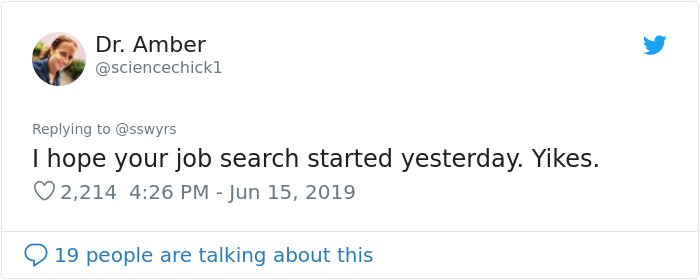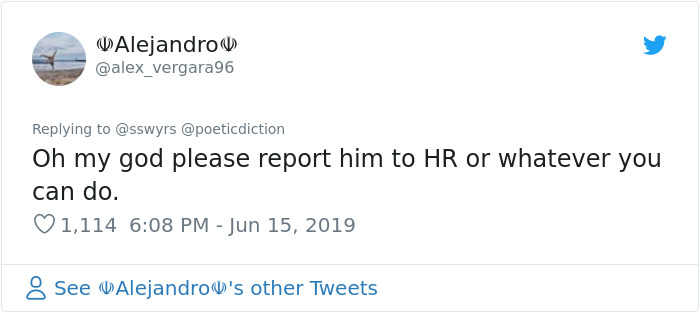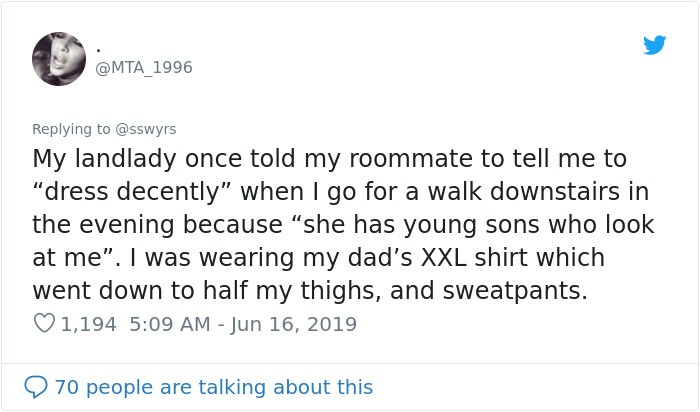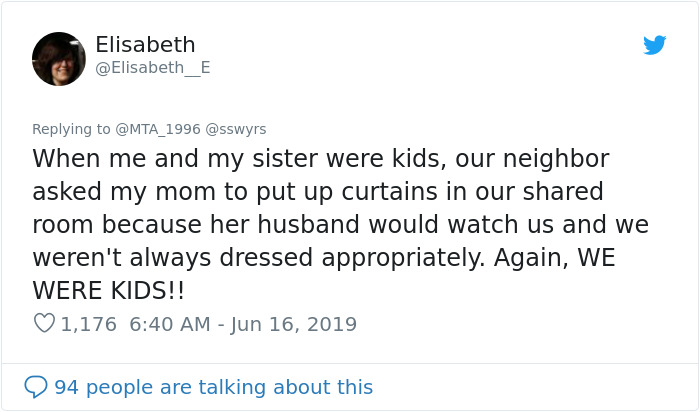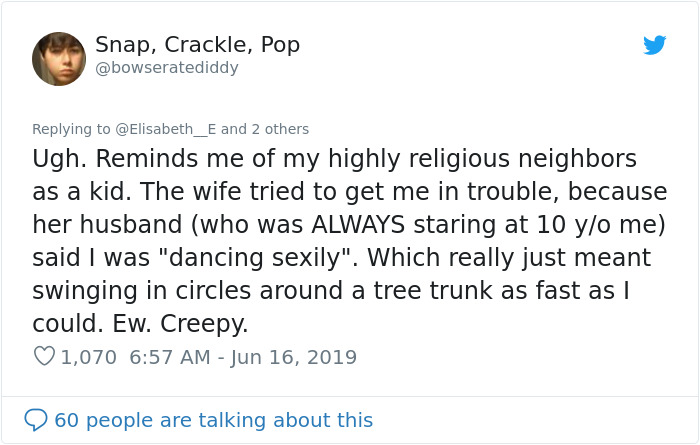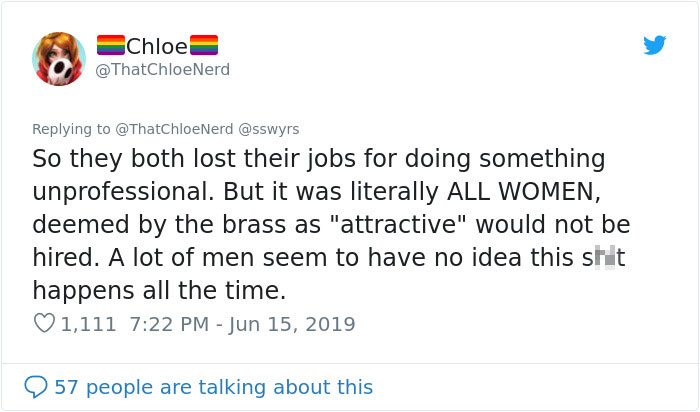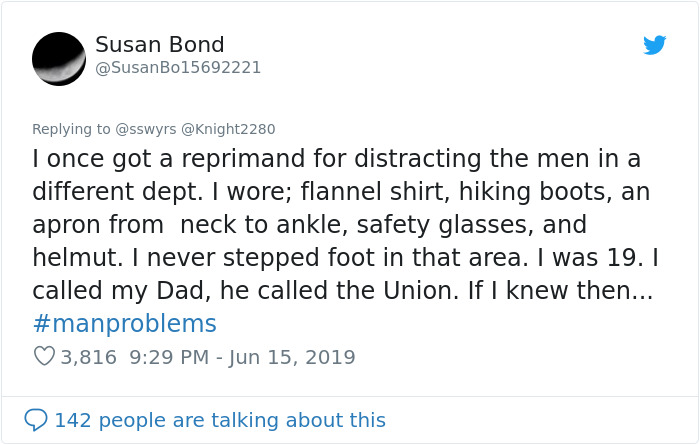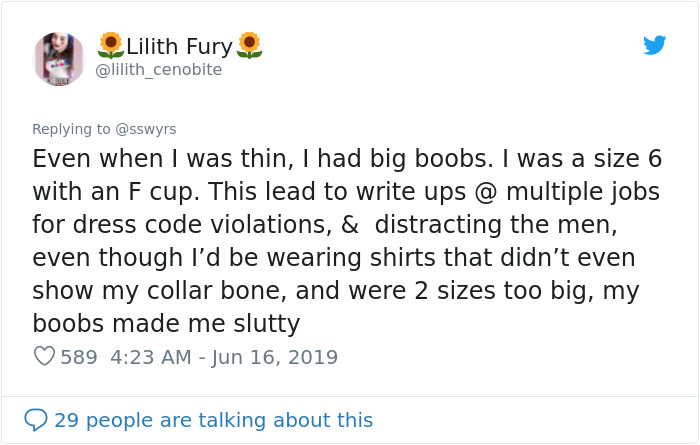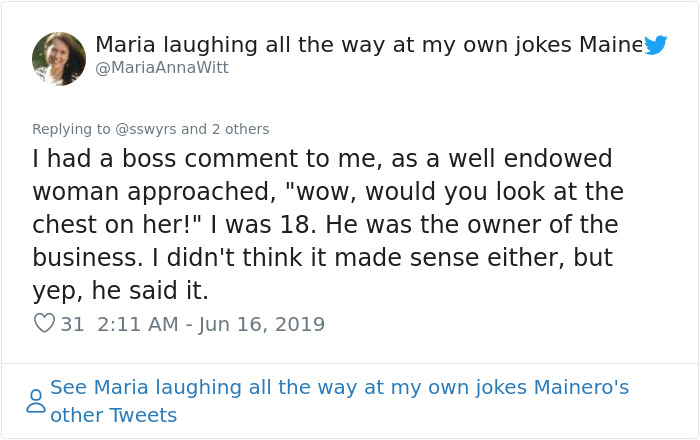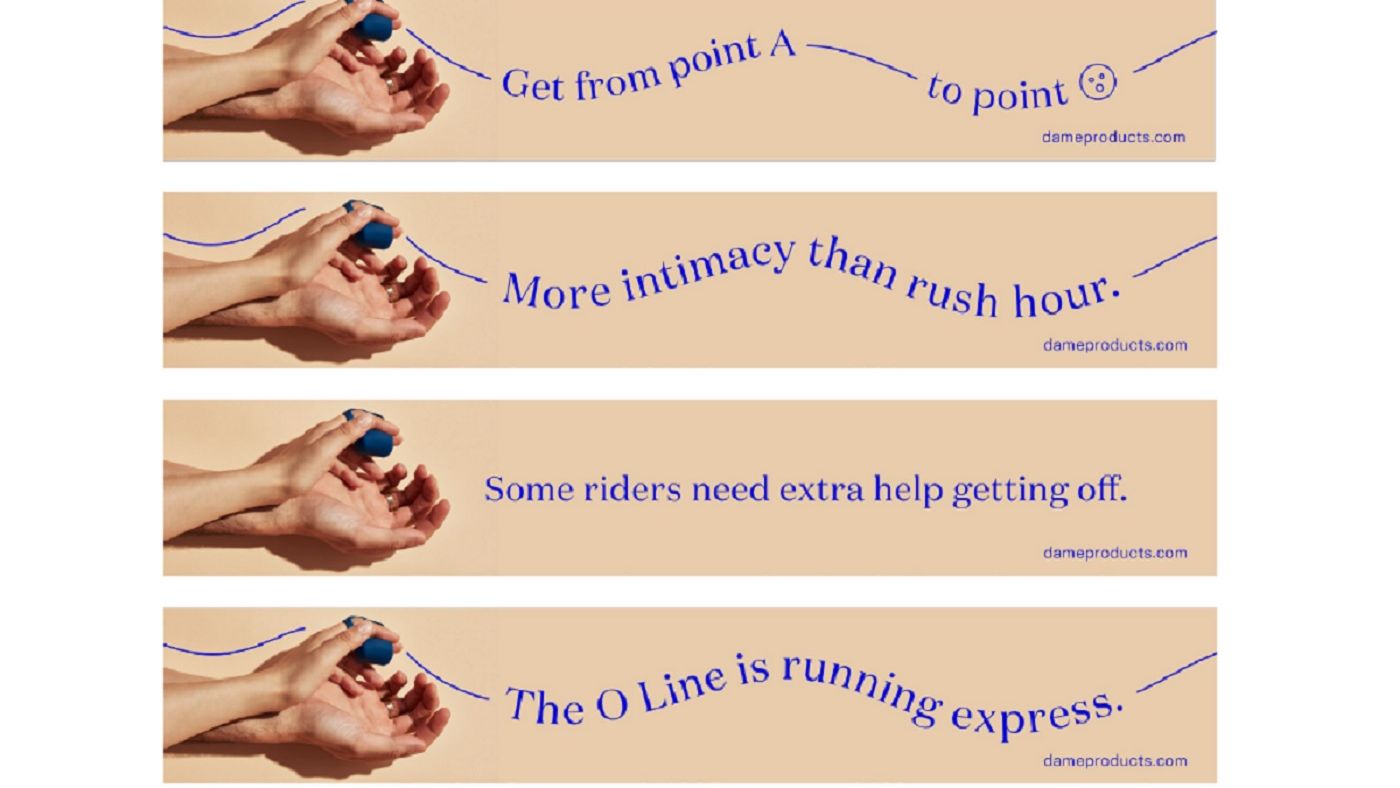Women have had to protect themselves against the inappropriate advances of men since the beginning of time, and the internet has not only given them a platform to bring light to these issues (i.e #MeToo) but given men another way to harass them.
Some men don’t understand the kind of fear women carry with them on a daily basis and why they have to arm themselves during simple activities like a jog around the block. Twitter user @sswyers took to the platform to shed some light on the misogyny that leads to fear, by posting an exchange he had with his boss. The superior begins by calling out a woman for her ‘slutty’ LinkedIn profile picture and little by little the employee unpacks the comment through a conversation that will make you cringe.
Part-time podcaster ‘Sawyer’ took to Twitter to share a thread that highlights the misogyny women not only face in real life but online
Image credits: istock/alvarez (not the actual photo)
Image credits: sswyrs
Image credits: sswyrs
Image credits: sswyrs
Image credits: sswyrs
Image credits: sswyrs
According to Bloomberg data compiled by crisis consultant, Temin and Co. show that public accusations of corporate misbehavior and harassment have fallen to their lowest level since October 2017, after Harvey Weinstein sparked the #MeToo movement. “There are lots of reasons the pace of allegations has slowed,” Davia Temin, founder of Temin and Co. told the outlet, “The initial outpouring included decades worth of historical revelations, clearing a kind of backlog. The news cycle has also moved on, and companies have gotten more sophisticated in the way they manage both bad behavior and negative PR.”
Image credits: sswyrs
Image credits: sswyrs
Image credits: sswyrs
Image credits: sswyrs
Over the years a shocking amount of sexual assault cases have asked what the victim was wearing to back up the defense of “she was asking for it.” In 1999 the Denim Day campaign was created, which asks people to wear jeans on a Wednesday in April to raise awareness for these sexual assault survivors. The official campaign website explains it was sparked by the 1999 ruling by the Italian Supreme court in which “a rape conviction was overturned because the justices felt that since the victim was wearing tight jeans she must have helped her rapist remove her jeans, thereby implying consent.” This might sound antiquated but there have been multiple rulings since that have used the same grounds.
People were horrified by the thread and said he should be reported to HR
Image credits: themelish
Image credits: babenofun
Image credits: batsandsharks
Image credits: _rosa13
The most famous opposition to the ‘asking for it’ argument has been the ‘SlutWalks’ wherein which women gather in scantily clad outfits to protest victim-blaming. The movement began after officer Michael Sanguinetti commented to a group of 10 female students in Toronto: “You know, I think we’re beating around the bush here. I’ve been told I’m not supposed to say this — however, women should avoid dressing like sluts in order not to be victimized,” back in January 2011. Since then SlutWalks have been observed around the world and gained celebrity advocates such as Amber Rose.
Image credits: Leglesszebra
Image credits: MarlaCaldwell
Image credits: sciencechick1
Image credits: SFromley
Image credits: alex_vergara96
Image credits: Mickey_Marine
While others shared their stories related to the issue
Image credits: MTA_1996
Image credits: Elisabeth__E
Image credits: bowseratediddy
Image credits: ThatChloeNerd
Image credits: ThatChloeNerd
Image credits: SusanBo15692221
Image credits: lilith_cenobite

